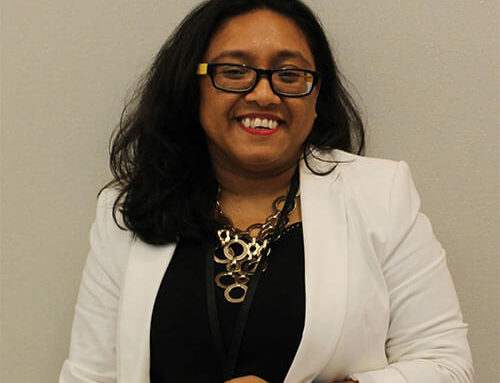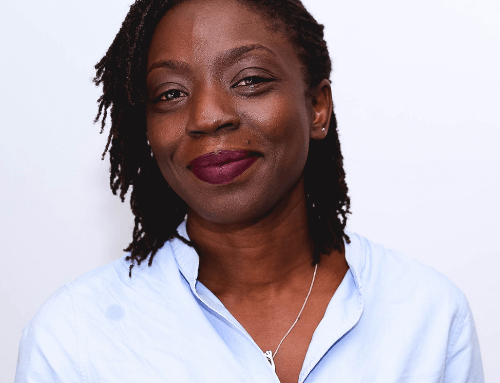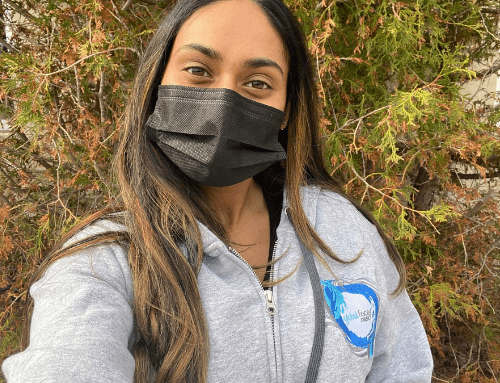
Amanda Latchmiah, Intern Communications Advisor, Amref Health Africa in Canada
By: Amanda Latchmiah
Setting the stage
“Africa is already playing COVID-19 vaccination catch-up, and the gap is widening,” warned Dr. Matshidiso Moeti, WHO Regional Director for Africa, at a press briefing in April 2021. Via UN
The COVID-19 epidemic has yet again opened our eyes to the many medical and financial inequalities low-income countries around the world face. Vaccine inequality being a key issue this time around.
Vaccine inequality refers to the unequal roll out and distribution of vaccines to countries around the globe. Much of the uneven distribution affects low-income countries and regions such as Africa – essentially those who do not have the financial and/or medical resources to get vaccines.
To give context, compared to countries in North America, Africa is detrimentally far behind in its fight against the virus. It is reported by Our World in Data that as of July 20, 2021 North America has 45.52% of its population with at least one dose of the COVID-19 vaccine whereas Africa only stands at 3.13%.

This is due to the shortages in vaccines available to Africa as wealthy countries have already cornered the market. Even though the continent is getting doses from programs, such as COVAX, and through the Africa Centres for Disease Control and Prevention (Africa CDC) it is ultimately not sufficient to vaccinate enough people to reach herd immunity anytime soon.
When looking at Canada, for instance, although our population sits at 38 million, the amount of doses we will have received by July 2021, according to Prime Minister Justin Trudeau, is 68 million, almost two times more than what Africa has received for a population of 1.2 billion. Most Canadians will be able to be fully vaccinated by the end of summer, while most people in Africa will not even have one dose of a COVID-19 vaccine by then.
I’m one of many young Canadians who has received their second dose, when someone my age in Ethiopia, for example, is unlikely to even have received their first dose yet or to be able to do so in the near future.
This is because Canada has the resources to purchase vaccines for ourselves directly from pharmaceutical companies, even though we don’t manufacture the vaccines here.
In addition to vaccine distribution challenges, low and middle-income countries in Africa and around the world lack the medical personnel needed to promptly vaccinate a larger percentage of the population, as opposed to wealthy countries like Canada.
This is where vaccine solidarity comes into play as no one is safe until everyone is safe. Amref Health Africa has created a campaign that focuses on this idea and has begun implementing it in many countries in Africa such as Kenya, Ethiopia, Senegal, Malawi, Zambia and many more.
However, it is not as easy as it may seem.
Key challenges for Vaccine Solidarity with Africa*
The path for vaccine solidarity with Africa presents some challenges. Although countries in Africa do not yet have the huge amount of vaccines needed to achieve herd immunity, even if they did governments would still be faced with the enormous challenge to conduct effective vaccination campaigns and to reach and guarantee vaccines for all women, children and men living in the most remote areas.
This is mainly due to 4 key challenges:
- Infrastructure: It may be logistically challenging to administer the COVID-19 vaccinations, particularly in rural and remote areas, as many health care centres lack the personnel, equipment, and stable electrical power for low-temperature vaccine storage.
- Planning: Governments need to address the challenges of equitable vaccine distribution within their countries on the African continent i.e. ensure vaccines can be transported safely to all vaccination stations, no matter how remote.
- Low acceptance rates: i.e. vaccine hesitancy. Some people in African countries, like some people in Canada, are apprehensive to receive the COVID-19 vaccine, which can be driven by disinformation published online.
- Retainment: This involves making sure everyone is fully vaccinated as some vaccines require two doses to be effective.
How Amref is helping to solve the challenges Africa faces with Vaccine Solidarity*
Amref is helping to solve these issues by providing masks and other personal protective equipment (PPE) to health care workers, safe transportation for sick individuals from rural areas to hospitals, guaranteed water and hygiene in places where clean and safe water is not available as well as:
- Conducting an urgent appeal for sufficient vaccinations through working with organizations like the World Health Organization (WHO), the Africa Centres for Disease Control and Prevention (Africa CDC) and African governments
- Training of health care workers and community health workers (CHWs) about COVID-19 vaccines
- Providing COVID-19 education and information to CHWs who then pass it onto members of the community. During the pandemic CHWs are key in supporting communities with information sharing, maintaining existing health services and shielding the vulnerable from socioeconomic and health service shocks.
- Committing to complementing government efforts in vaccine development programmes.
*all data used comes from Amref’s vaccine solidarity report
Stand with us for Vaccine Solidarity with Africa:
Vaccine solidarity is something that benefits us all no matter where we live because during a pandemic no one is safe until we all are. Join us alongside the thousands of Canadians who are supporting Vaccine Solidarity with Africa. To learn more and donate visit: www.amrefcanada.org/vaccinesolidarity



